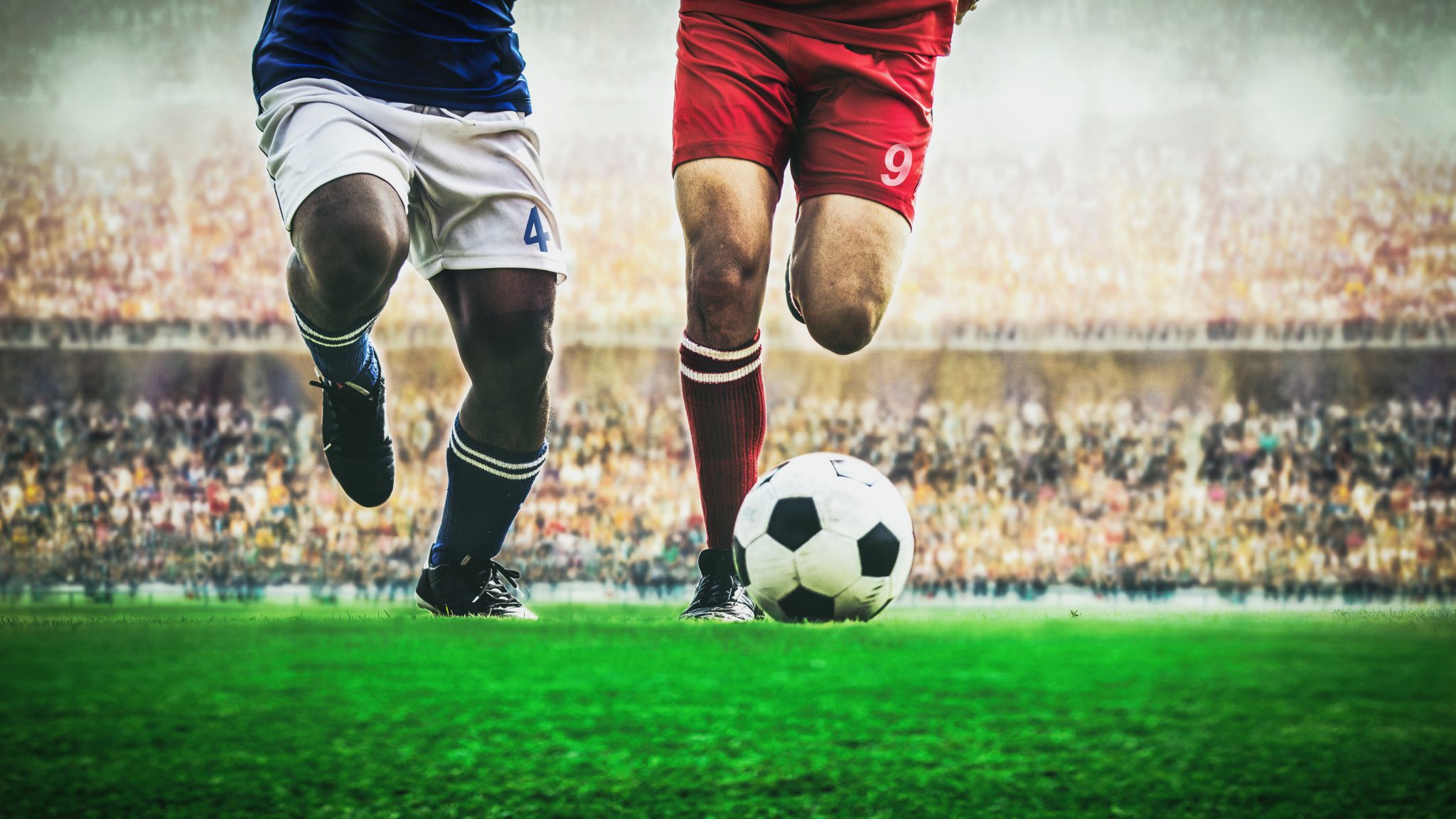Whether you call it football or soccer, what is arguably the world's most popular sport is in real trouble right now. Even as matches are played and c
Whether you call it football or soccer, what is arguably the world’s most popular sport is in real trouble right now. Even as matches are played and champions crowned, the business of football in some parts of the world is beset by all sorts of corruption that makes regular Olympic doping scandals look pale by comparison.
It is safe to say that the sport of football would still be played around the world even if the business side of things completely closed up shop. But still, football’s commercialisation is one of the things that has contributed to its growing strength over the decades. As such, no one wants to see the business side of the sport go belly up. It does need to be cleaned up, though.
If football were a patient in a hospital, it would be very sick. It might even be in need of a defibrillator shock or two. The question is this: are there people willing to administer the shock? Are the powers-that-be willing to root out the corruption and return worldwide football to good health?
Starting a Stopped Heart
If you were to go online and look at AED’s and defibrillators from Seton, you would find all sorts of products to choose from. According to Seton, they all have one thing in common: their purpose. That purpose is to start a stopped heart. AED’s and defibrillators deliver electric shocks to a stopped heart to get it going again. The sooner the shock is delivered, the better for the patient.
Football, as a business, might need a shock sooner rather than later. Why? Because corruption abounds. For example, third-party ownership (TPO) is still a worldwide problem despite numerous teams and leagues claiming to have cracked down on the practice. TPO corrupts squads and individual players alike. It influences transfers. It can win championships.
At the root of all of the corruption is money. Unfortunately, money talks in the world of professional sport. Infuse enough money into football and you have the opportunity to influence it greatly. It has been happening for decades. Money continues to corrupt the sport.
If nothing is done, the heart of football’s business side could simply stop. It could cease to be about the sport and become nothing more than a moneymaking entertainment venture. That would be a shame. Football has the capacity to bring people together. It has the ability to turn childhood dreams into adult realities. To see it suffer at the hands of people who only care about the financial aspects would be truly bad for the sport.
Changing How Things Are Done
So, how do we prevent worldwide football from going into the sports equivalent of cardiac arrest? By changing how things are done. Football can be fixed the same way a person suffering from cardiovascular disease can be treated. It will take time, effort, and a genuine commitment among concerned stakeholders.
First and foremost, foreign money has to be taken out of the equation. There should be no more room for Russian oligarchs investing in British football. There should be no Asian money flowing into South America or European money supporting football in North America. And of course, teams and leagues need to stop talking about TPO and actually put an end to it.
Next, football leagues could take a cue from American pro sports leagues and institute a hard and fast salary cap. They should establish rules for negotiating contracts. They should set up more stringent rules governing transfers. They should create more stringent accountability for league and sanctioning body leadership.
Uncomfortable but Necessary
Global football is in a position similar to the patient receiving a cardiovascular disease diagnosis for the first time. Learning the truth of one’s health is shocking and uncomfortable. Often times treatment is uncomfortable as well. But it is necessary for survival.
Likewise, football must come to terms with the reality that the business side of the sport is very, very sick. Those in powers of position need to face the fact that drastic changes, while they may be uncomfortable, are absolutely necessary for survival. If football continues to ignore the diagnosis and refuse treatment, the only possible result will be a bad one.
It may be time for football to receive a proverbial defibrillator shock to get back on track. The more we learn about corruption in the sport, the more we are coming to understand that what goes on behind the scenes looks very little like good sportsmanship and honour. Rather, it looks like an enterprise corrupted by money.
Will the sport of football survive? Yes. Will the business survive? That depends on those in positions of power. The business side of football can be cleaned up if decision-makers are willing to face the truth and act on it. If not, the global business phenomenon that is football might not last much longer.



















































































































COMMENTS